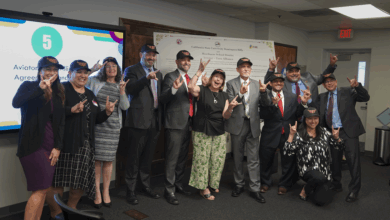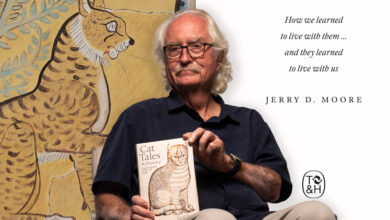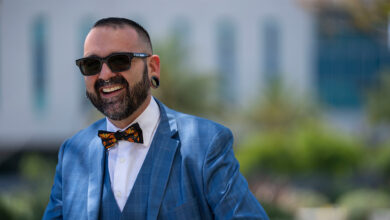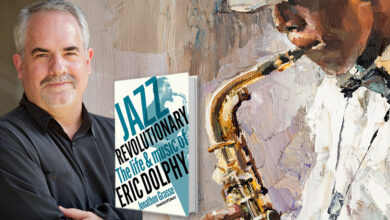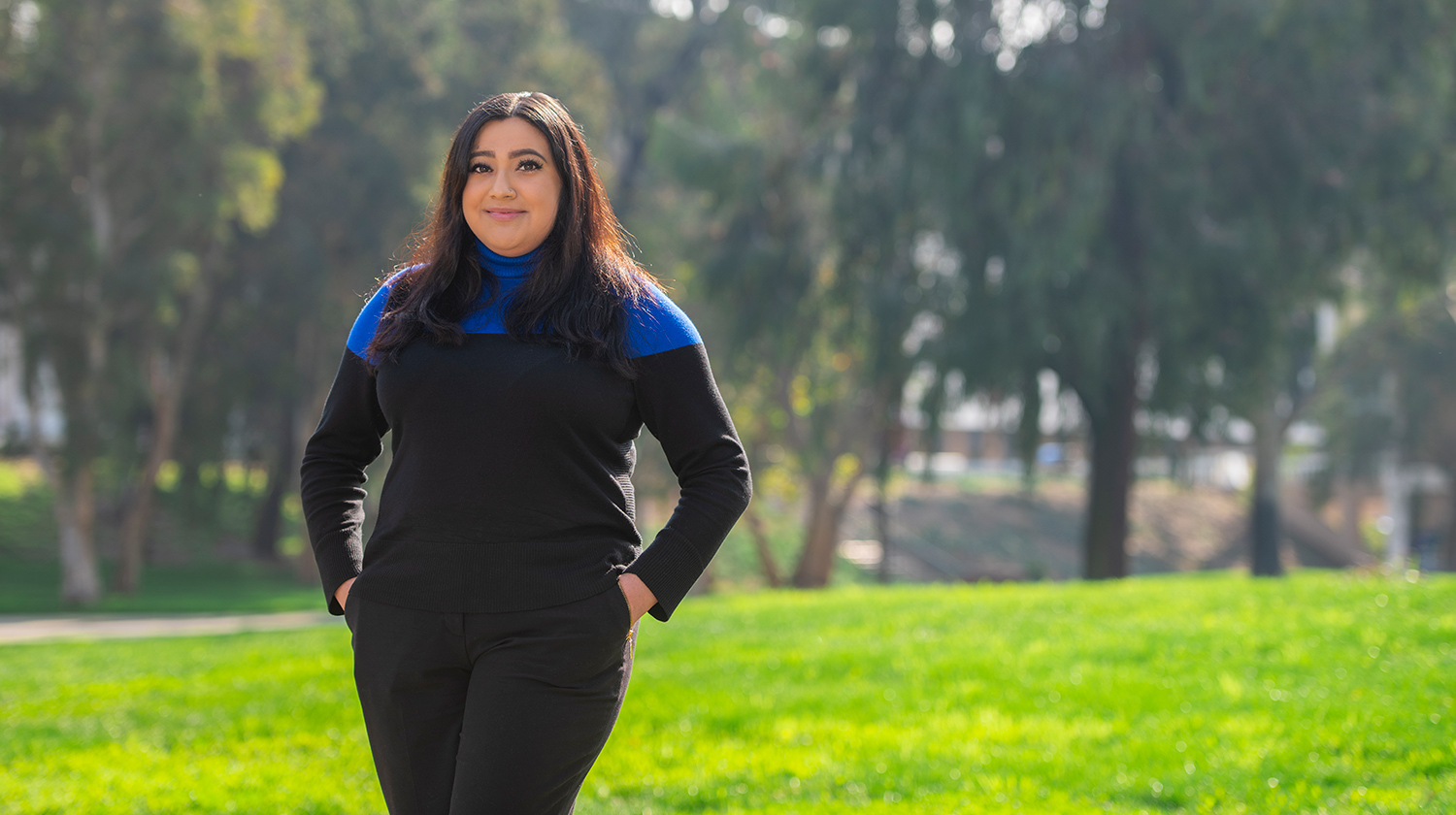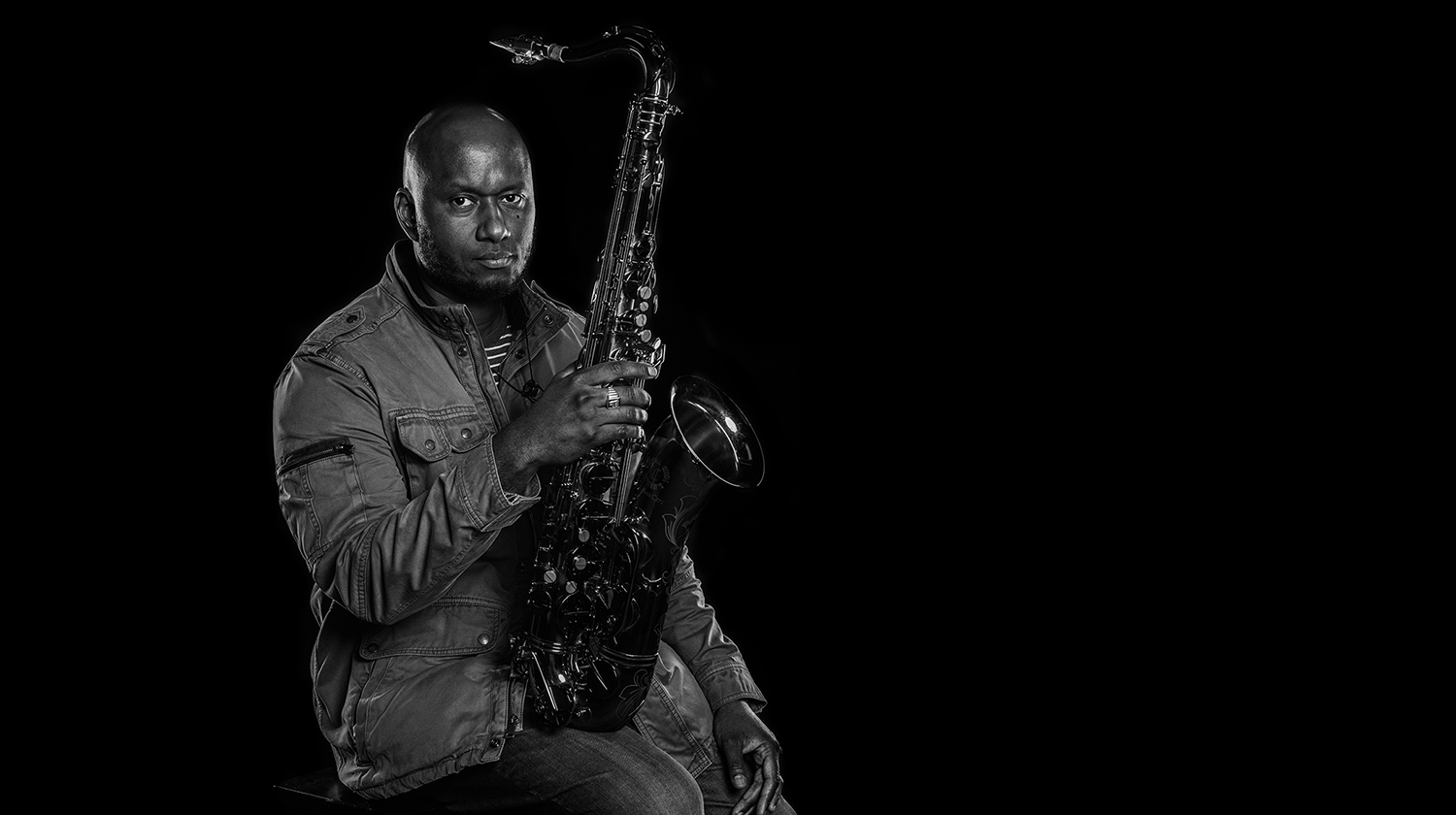
Saxophonist and California State University, Dominguez Hills (CSUDH) Assistant Professor of Jazz Studies and Contemporary Music Teodross Avery has felt a connection to the music of Thelonious Monk from an early age.
“I’ve been listening to his music since I was 15 years old,” says Avery. “He was one of my favorites and my heroes long before I started pursuing degrees in music.” Avery’s longtime love and respect for his music has resulted in a new album celebrating Monk’s work, “Harlem Stories: The Music of Thelonious Monk,” released in September on Wj3 Records.
The title of the album refers to Monk’s strong New York roots. “I wanted to make sure that we brought the spirit of Harlem into the music,” says Avery. “Harlem was the center of Black American urban culture in the 1920s and I wanted to capture that feeling in the music. At different times the music is quick, soulful, complex, ugly, and beautiful. I hope those feelings come through to the listener.”
Born and raised in the San Francisco Bay Area, Avery has vivid memories of his early engagement with Monk. “My dad lived out in the country, and we could play music as loud as we wanted,” he recalls. “He had these huge speakers, so when you turned them up, you really felt the music’s presence sonically. I would practice to Monk’s music with those speakers turned up all the way, and I really felt like I was in the studio or the club with him. It left a heavy musical impression on me.”
Avery’s connection to Monk continued when he attended the Berklee College of Music in Boston. As an 18-year-old, first-year student, Avery joined the Thelonious Monk Ensemble, a group dedicated to exploring the jazz master’s music. He played with the ensemble throughout his first year as an undergraduate.
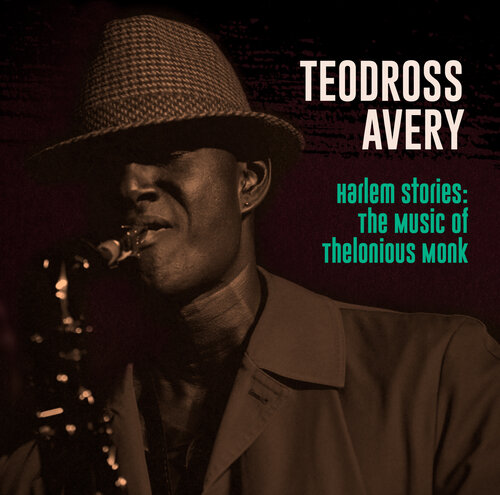 There were other reasons Avery chose to explore Monk’s music on his new album, as he is quick to point out. “Regardless of my personal connection to his music, Thelonious Monk is one of the modern jazz innovators and geniuses of the 1950s and 60s. The bebop that he was playing and creating is part of the foundation of the modern jazz we hear today.”
There were other reasons Avery chose to explore Monk’s music on his new album, as he is quick to point out. “Regardless of my personal connection to his music, Thelonious Monk is one of the modern jazz innovators and geniuses of the 1950s and 60s. The bebop that he was playing and creating is part of the foundation of the modern jazz we hear today.”
“Monk has great compositions. He’s the second most-recorded jazz artist after Duke Ellington,” says Avery. “He’s a definitive voice in jazz – very complex yet at the same time very swinging. He had a very original voice, and a real clear message in his music. It doesn’t make concessions. I love his music and have always wanted to present it.”
Avery is joined on the album by bassist Corcoran Holt, pianists Anthony Wonsey and D.D. Jackson, drummers Willie Jones III and Marvin “Bugalu” Smith, and percussionist Allakoi Jones. They perform 10 timeless Monk compositions, including classics like “Monk’s Dream,” “Rhythm-a-Ning,” and “Teo.”
The talented players all contribute mightily to the album’s success, and Avery appreciates the skills they brought to bear on the recording. “The music doesn’t lie,” says Avery. “When you play Monk, there’s so much truth in the music that you really can’t fake it. It’s too solid musically. That’s why I like it, because it has that depth and complexity.”


